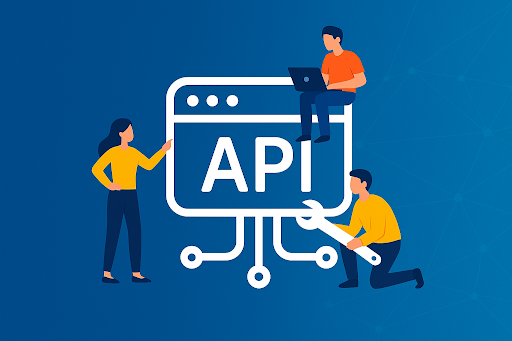Established SMEs have traditionally shied away from trading online, preferring to leverage both their bricks and mortar and their strong customer relationships which have been developed using the personal touch. For a long time, there was a perception that there was no need for many SMEs to consider an online channel for both B2C and B2B. However, the pandemic changed this perception. For the first time ever business owners became abruptly disconnected from their customers during extended lockdowns.
Equally, they noticed changes in their customers’ behaviour as they themselves were forced to grapple with technology to buy what they needed for their home life or businesses. During this time, customers became comfortable with transacting online. Many observers believe this change was happening slowly anyway and was due to accelerate as younger, tech-savvy people become spenders and progressed to decision making positions in companies.
SMEs switch to digital transformation
As we emerge from the pandemic, most people in the different age cohorts now have an expectation that they will have an option to trade online and be at least digitally connected to the places they do business 24-7. This means they can always interact with a business at their convenience even if the response is not until the next day.
A recent survey conducted by the Microsoft Corporation found that the accelerated digital transformation in response to the pandemic has strengthened business resiliency in the SME sector. The findings indicated that many small and medium-sized businesses now feel more confident that they can weather future storms.
Spurred on by the pandemic they took steps to digitally improve their customer experience. Smaller companies need a direct line of communication with their audience just like the large companies who were early adopters. A digital connection with customers is not hampered by range or time constraints like the way things used to be. It also gives SMEs the chance to connect with customers on a wider level than before, increasing possibilities for expanding sales reach.

Source: Photo by NordWood Themes on Unsplash
Online stores to reshape brick&mortar businesses
Businesses that have embraced this have increased their customer retention and acquired new customers from competitors who do not offer online sales. For many SMEs the large marketplace trading platforms like Amazon, eBay or others are not suitable as these businesses do not just compete on price alone.
Small and medium-sized companies tend to differentiate themselves based on reputation and level of service, so having their products listed with price comparisons beside similar products will not necessarily present the company or product story in the best possible way.
A dedicated online store with a user-friendly website allows products to be showcased and made available for promotion and purchase. Where repeat purchases are normal, a company app downloadable from Google Play or the App Store can further strengthen the connection with the customer. To survive in the digital age most SMEs need to adopt an online channel.
B2B & B2C e-commerce solutions
What used to be a complicated process has now become simple and low cost. It is very easy to add an online shop to an existing website and transact for “click and collect” or delivery, for B2C and B2B companies. There is no need for the business to have internal technical expertise as many solutions are now not only easy to integrate but are even easier to use. Now is the time for smaller companies to take advantage of recent innovation and future proof their businesses.
Enterprise Ireland and the Local Enterprises Offices recognise how important it is for Irish businesses coming out of the pandemic and offer incentives and grants to enable the building or improvement of websites, online stores and internal digital process improvements if certain criteria are filled. The reality is that setting up an e-commerce solution has never been easier or cheaper.





